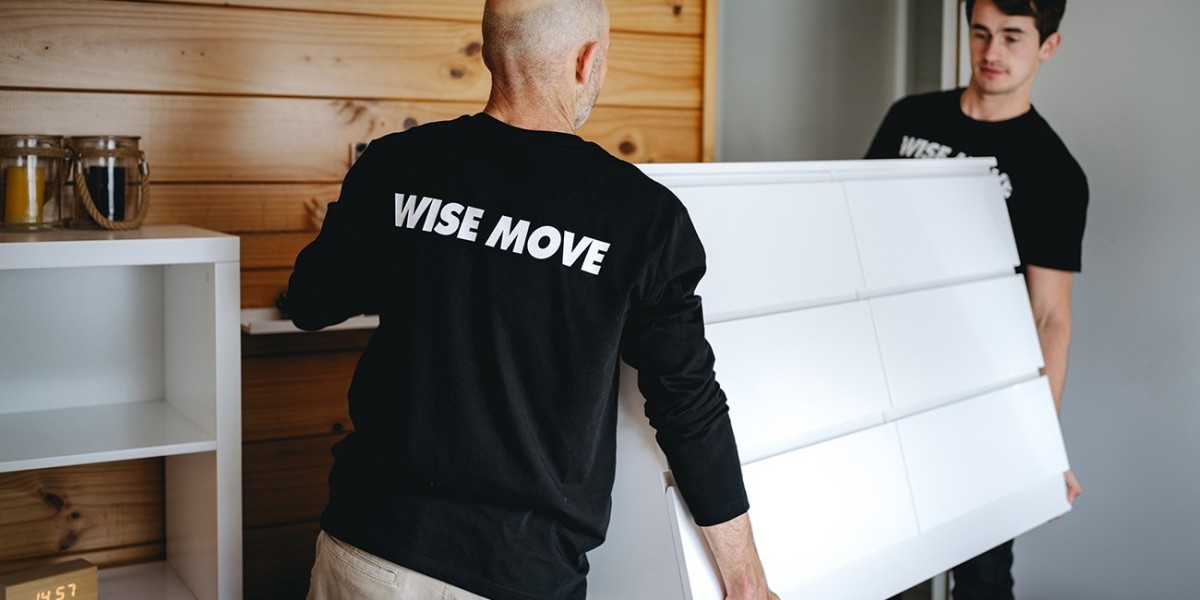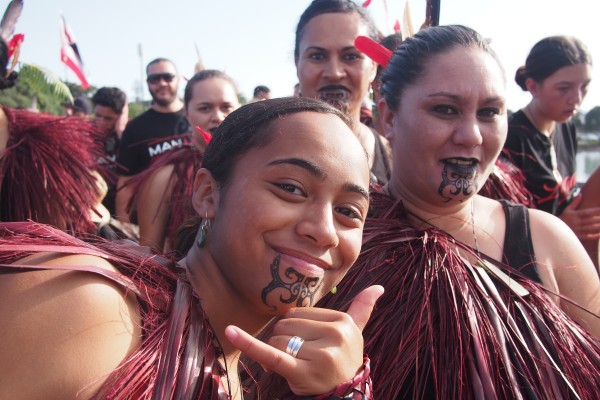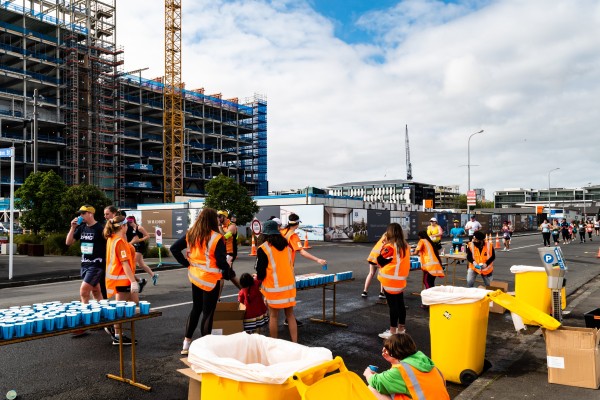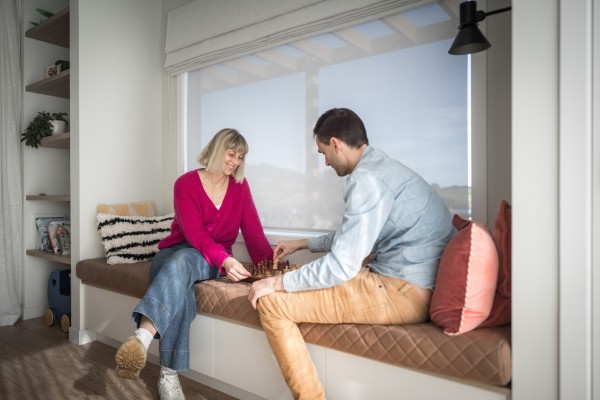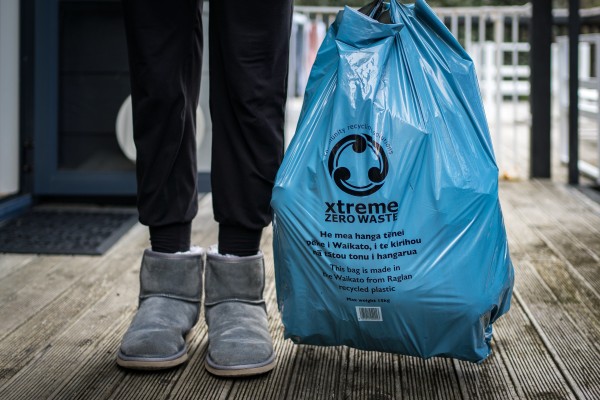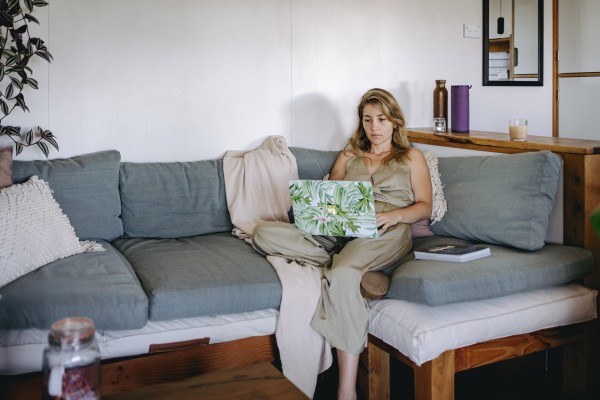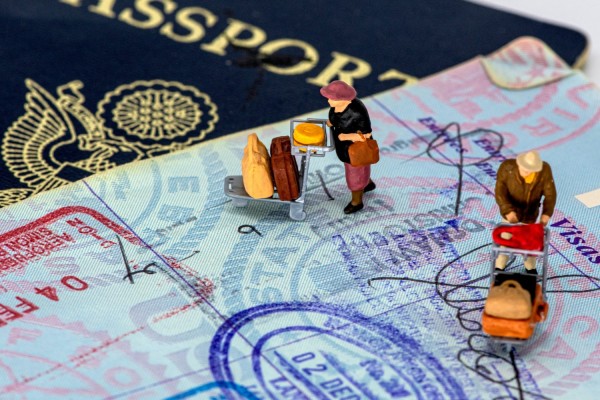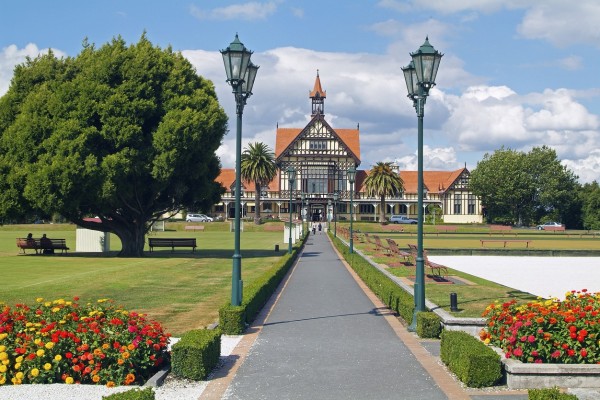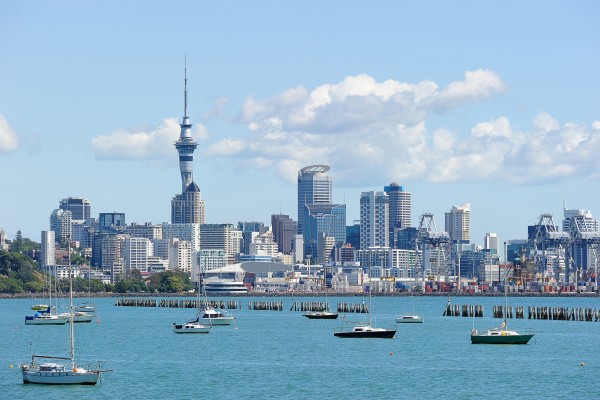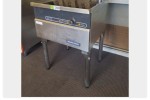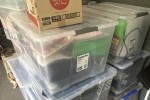New to New Zealand? Cultural etiquette tips for settling in

Moving to a new country is exciting, but it also comes with its own set of challenges. It can be a journey.
Most people will experience a range of stages where they feel excitement, frustration, adjustment, and finally, confidence.
New Zealand is known for its stunning natural beauty and for its friendly people. While moving to a place that readily accepts new people has its pros, that doesn’t mean you won’t feel homesick or skip the ‘frustration’ stage of settling in.
One thing that can help is learning the cultural etiquette of New Zealand. Small tips like knowing how Kiwis deal with confrontation or understanding local customs can help you expect the unexpected.
Here are some cultural etiquette tips you need to know before moving to New Zealand.
Basic etiquette
New Zealanders are known for their laid-back and friendly nature, which permeates most aspects of life here. They value honesty and humility, which means that boasting about personal achievements is generally frowned upon. Instead, Kiwis appreciate modesty and a good sense of humour.
-
People are generally very approachable and friendly. If you live in a small town or the suburbs, it’s common for strangers to greet each other with a smile or a nod.
-
New Zealanders don’t criticise one another in front of others. Being too blunt or honest about someone else's appearance (what they are wearing, for example) is rude.
-
Like many cultures, you should exercise caution when discussing religion, politics, or asking someone’s age, weight, or salary in public, especially if you don’t know them well.
-
Spitting in public and chewing gum when speaking or interacting with someone is considered rude.
-
Sniffing without using a tissue or coughing into your hand is also a no-no.
-
While Kiwis are friendly, they also value personal space. If you’re in a public place like a beach or a park, don’t sit right next to other people if there is space to spread out.
-
Kiwis swear a lot amongst friends but not in formal settings.
-
It’s considered polite to hold a door open for a man or a woman regardless of what gender you are.
-
Kiwis will wait in line quietly without kicking up much of a fuss. Skipping the line or complaining loudly about how long things are taking is rude.
Ordering food and drink
Sometimes, there’s nothing more nerve-wracking than ordering food and drink in a new country. As long as you are polite, you should be fine.
-
Most restaurants do table service. If you are ordering at a cafe, there’s a good chance that you will order at the counter. Some cafes also require you to ask before seating yourself. There are usually signs at the entrance if the expectation is to ask before you get a table at a cafe.
-
Once seated, don’t clap your hands or snap your fingers to get the wait staff's attention. This is very rude. Instead, make eye contact and then indicate or raise your hand to get them to come over.
-
Sometimes it’s a little thing that sets you apart. In New Zealand, most people order by framing the request as a question. For example, it’s more common to say, ‘Can I get a latte?’ than ‘I’ll get a latte.’ While you won’t be criticised for ordering this way, some Kiwis will notice it.
-
When ordering food, you won’t be expected to tip. Many cafes have tip jars if you’d like to get rid of your spare change, and you can often add a tip if you are paying electronically. Most Kiwis don’t tip when ordering their food.
-
You can pay by card almost everywhere. EFTPOS machines (the system that takes debit and credit cards) are also found at most farmers' markets and coffee stalls.
-
You can order coffee anywhere and expect it to be good! Kiwis pride themselves on their ability to make a great coffee. You can order a well-made takeaway coffee from petrol stations to McDonald's.
-
When you want to get past someone, say, ‘Excuse me.’
-
Kiwis use ‘please’ and ‘thank you’ a lot. You can also use ‘cheers,’ or ‘no worries,’ when someone thanks you for doing something.
-
Most people pay for only what they eat or drink. In New Zealand, most places let you pay per item rather than splitting the cheque.
Going to someone's house
Visiting a friend's house for the first time can have cultural nuances. Here’s how to navigate a visit to someone's home for the first time.
-
Kiwis are generally punctual. You should try to arrive on time or no later than five minutes after the agreed-upon time. Don’t show up early; this could put your host on the back foot. Being late is acceptable when there is a larger group of people, and the gathering is informal, like a house party.
-
It’s not 100% the expectation, but bringing something with you when you visit someone’s house for the first time is nice. If you are invited for dinner, it could be something as small as a snack or a bottle of wine.
-
If someone invites you to a barbeque or gathering and asks you to ‘bring a plate’ they are asking you to bring a dish of food to share with the group.
-
If you are invited for ‘tea’, your hosts mean dinner, not afternoon tea.
-
If you are visiting for the first time it’s polite to knock or ring the doorbell and wait to be let in. Once you know the person well, most people knock and let themselves in by calling out ‘hello.’
-
Offer to help your host clean up after the meal. Most people will decline this offer, but it's a nice thing to do!
-
It’s okay to accept or decline extra food, but it is considered good manners to accept some food if you are invited around just to hang out.
-
Barbeques are generally BYO. While you may be offered beer or wine once you get there, it’s good etiquette to bring what you want to drink.
-
Kiwis eat with their knife in their dominant hand, and their fork in the other hand turned down. Eating like this is a small sign of good manners rather than eating with just a fork.
Giving gifts
Knowing what to expect when it comes to giving and receiving gifts can help you feel more prepared!
-
Gifts are usually only given and received on special occasions, like birthdays or Christmas.
-
It's considered polite to open a gift when someone gives it to you.
-
In Māori culture, if you are invited to someone's home, giving a koha to show thanks for your hospitality is polite. This can be something in the form of food, flowers or trinkets that mean something to you.
-
Koha and gifts, in general in New Zealand, don’t usually come with a monetary value. Most people would prefer a personalised or thoughtful gift to something extravagant. In fact, giving expensive gifts to people you don’t know very well can feel a bit inappropriate.
-
If you are invited to visit a marae, it is acceptable to give koha as a monetary donation. $20 is pretty standard. If you are with a business, a larger donation is appropriate.
Dealing with confrontation
As friendly as New Zealanders are, they can often be passive-aggressive when confronted. Try not to take it personally!
-
Try not to give advice or feedback in your personal life if people don’t ask for it.
-
Unfortunately, Kiwis don’t always take criticism well and can get defensive. If it’s appropriate for you to give negative feedback, do so as kindly as possible, but don’t take it personally if people are upset.
-
Try to frame criticism in a way that focuses on solutions rather than just pointing out someone’s mistake.
-
Despite not being great with conflict, Kiwis are very good at apologising. Most people will appreciate an apology if you feel you have overstepped.
-
Kiwis are indirect communicators. You may find this frustrating if you come from a culture where honesty is valued. This is because New Zealanders are concerned with being polite first and foremost. People don’t like saying no to requests and may instead say things like ‘I’m not sure’ or ‘not really’ when they really mean ‘no.’ Try not to push people if they hint at giving you a ‘no’; they will take your persistence as rudeness.
Inviting people over
Not sure what your guests will expect? These tips can help.
-
Most people will expect food and drink if you’re going to someone’s house after work.
-
If your child has been invited to someone’s house for dinner, the playdate will either end before dinner time (usually by 5.30-6pm) or the expectation is that your child is staying for dinner.
-
If you have tradespeople over to your house, it's polite to offer them tea, coffee, or water.
Non-verbal communication
Understanding non-verbal communication can help you navigate social and work situations while you are here.
-
It’s polite to make eye contact when talking to someone. However, some Polynesian and Māori cultures consider direct eye contact to be disrespectful or confrontational, particularly when talking to elders or having a disagreement.
-
It’s considered rude to stare at people or be obviously watching another person’s interactions in public.
-
New Zealanders aren’t overly touchy. While it’s not rude to touch someone on the shoulder or arm to make a point, most people only do this with people that they are close with.
-
The head is considered tapu (sacred) in Māori culture. In general, you should not touch another person’s head.
-
You can greet another person by lifting your chin and eyebrows. This is more common among men and in Māori and Polynesian culture and is an informal way of greeting friends or acknowledging someone.
-
It’s normal for men to greet one another with a handshake. Informally, most women will wave or hug one another. It’s not common to greet someone with a kiss on the cheek.
Friendship
While Kiwis are known for being friendly, many immigrants struggle to form deep friendships with New Zealand people. It's worth noting that getting past the surface-level stage of a friendship with Kiwis can take time.
-
Building friendships can take time. While New Zealanders are friendly, their tendency to be polite can mean friendships take time to build.
-
Finding common ground, like a hobby or interest, is a great way to build friendships.
-
It’s okay to tell someone you’d like to be friends. Most Kiwis would see this as endearing and go out of their way to invite the other person to more informal events.
-
It’s normal to build friendships with the people you work with. Joining Friday night drinks or a sports team will show people you are interested in forming connections.
What do our customers say?




For every (wise)move

